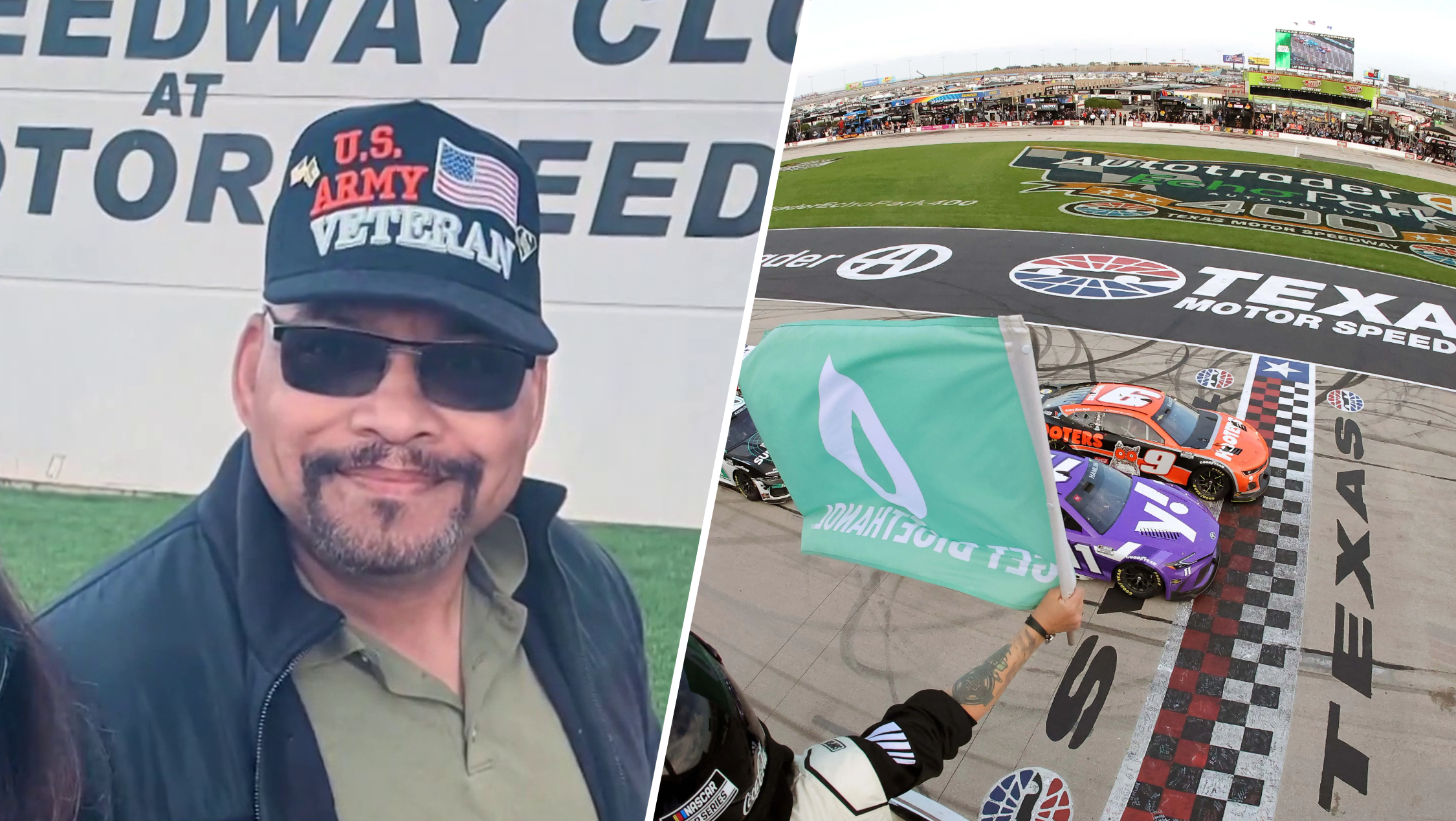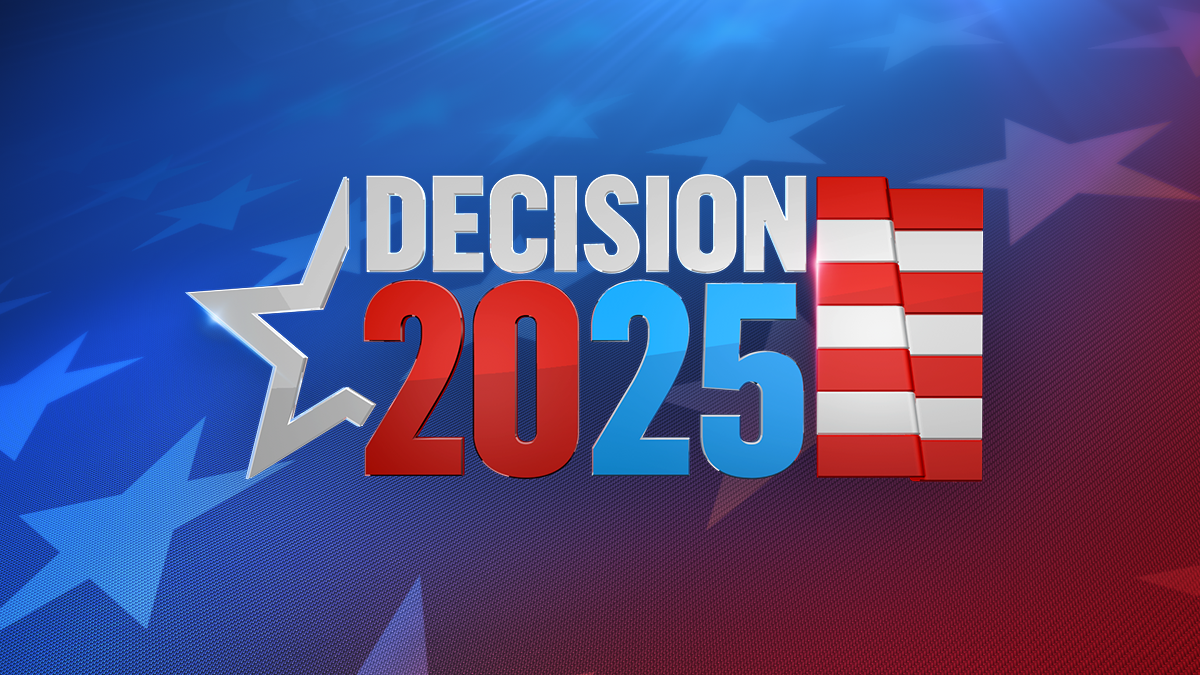Dallas is adding hundreds of additional shirt cameras for police and bracing for the complications of an expanded program.
Dallas is adding hundreds of additional shirt cameras for police and bracing for the complications of an expanded program.
The push to put body cameras on all patrol officers comes in the wake of controversial suspect deaths across the nation and in North Texas.
The Dallas City Council decision this week came with a class of El Centro College government students in the room.
“I think they would be very useful with a lot of the stuff that’s been going on,” student Daphne Polk said. “I think the trust level has gone down as far as citizens trusting police and trusting that they’re doing the right thing.”
Dallas will spend $3.7 million for 400 additional cameras now and a total of 1,000 over five years. With about 2,000 patrol officers on the street, officials figure 1,000 cameras would put video record capability at most patrol situations.
“Transparency is very important in this city, especially in today’s day and age,” Mayor Mike Rawlings said. “I think our police to a great job and this will kind of prove it up.”
Dallas has been testing body cameras for some time and officials discovered complications of when to activate the cameras, interpreting what is seen in the video, how to manage the data and the expense of equipment and data storage.
Local
The latest news from around North Texas.
The choice of what to record adds another split second decision for officers. Police brass this week said officers will be disciplined if they fail to activate the cameras as required.
“If we believe they turned it off for malicious reasons, we’ll have to deal with that,” Assistant Chief Tom Lawrence said.
On the other hand, City Attorney Warren Ernst said recording video may be improper in some situations.
“There may be sexual assault victims that are on camera that may have privacy rights,” Ernst said. “When officers go into private homes, under certain circumstances, there may be privacy rights.”
A shirt mounted camera records what is in front of a police officer but may not give a complete image of all the circumstances.
Shirt camera video from the fatal June 2014 Dallas Police shooting of suspect Jason Harrison, who was carrying a screw driver, still left conflicting opinions of whether officers were justified.
“We want people to understand, yes it may capture some things, but it’s not going to capture everything,” Lawrence said.
Overall, police believe video from body cameras will boost public confidence and provide more evidence to use against suspects or misbehaving officers. And just the presence of a body camera may influence behavior.
“People’s conduct tends to change when they’re being recorded. Both the officer’s and citizens themselves, and they tend to become more civil,” Lawrence said.
El Centro student Keshia Scott, an Air Force veteran with previous security force experience, said she thinks the expanded program is a good decision.
“Maybe one percent that isn’t always thinking to do the right thing, will maybe have a second thought about doing the right thing all the time,” she said.
The Dallas deal also includes “cloud” video storage for 90 days or longer for video to be saved for a court case or police discipline.
“We were not going to be able to build a bunch of server farms to hold all that video,” Lawrence said.



